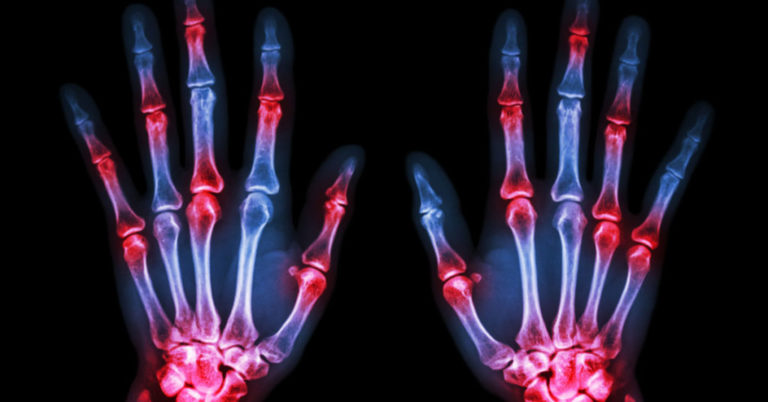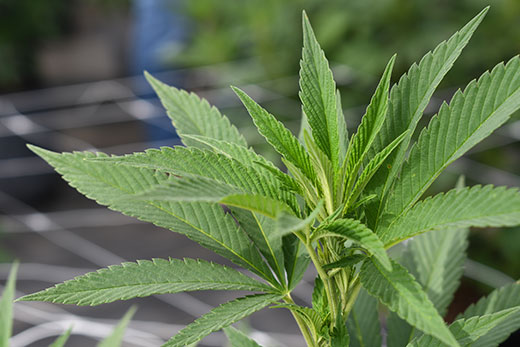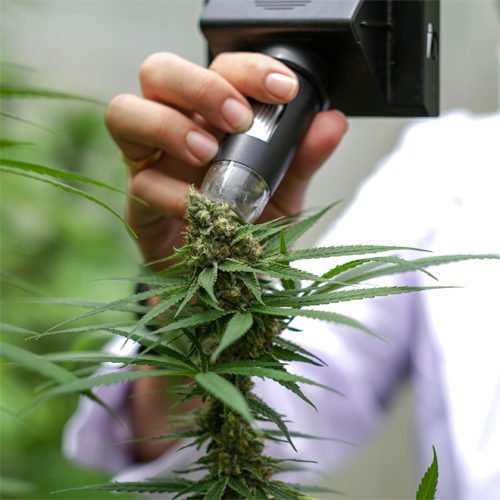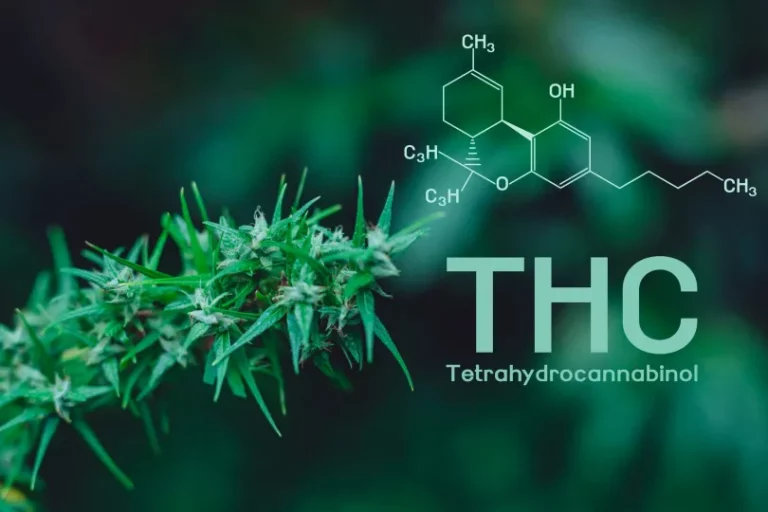Recent Study Focuses On The Potential Application Of CBD In Patients With Difficult To Treat Forms Of Epilepsy

CBD has been the focus of a wide variety of studies in the past several decades, a natural effect of the Federal Legalization of Hemp with the 2018 Farm Bill was the influx of biomass on the market, making research much easier and financially feasible. Studies surrounding CBD have focused on a wide range of topics, including how CBD works within the body and its potential application in the fight against medical ailments such as Refractory Epilepsies.
What is Refractory Epilepsy?
According to Medical News Today, “Refractory epilepsy is a form of epilepsy that does not respond to treatment with medication.” This particularly difficult to treat form of epilepsy is characterized by a marked resistance to medication, typically seen as failure of a new medication to work or previously effective treatments no longer working as they did before. It may also be potentially caused as a side effect from certain types of prescription medication.
Refractory epilepsy is diagnosed by a medical professional, and will often be decided on after thorough testing to rule out other possible causes. According to John Hopkins Medicine, roughly one-third of individuals (out of an estimated 50 million individuals at the time of this writing) diagnosed with epilepsy will develop refractory epilepsy.
With such far reaching effects, it’s no surprise that researchers across the world have dedicated their careers to helping those who suffer from this treatment resistant form of epilepsy. Texas A&M is just one such team among many who are exploring the potential of CBD against refractory epilepsies in both children and adults.
Texas A&M Leads The Way In Epilepsy Research
In a late 2022 study by researchers at Texas A&M, researchers had a hypothesis: that CBD could be used to treat seizures in children and adults with treatment-resistant refractory epilepsies. According to their research, “Due to its lack of psychoactive properties and the low rate at which tolerance develops, CBD has a much broader therapeutic potential for epilepsy than THC.”
The paper was compiled utilizing previous research that shows Cannabidiol, more commonly known as simply “CBD,” to possess anti seizure activity. Preliminary studies done on mice have shown that high doses of CBD have the potential in reducing the occurrence of acute seizures, laying the groundwork for studies like the one conducted by the researchers at Texas A&M.
Before this paper was published, most preliminary studies were conducted using mice, rats, or small controlled studies on humans. However, this particular study builds on existing research, compiling the data into a wide scope of the status of using CBD for adults and children with refractory epilepsies.

According to their study, “Overall, a persistent theme observed across these pivotal studies was that CBD is particularly effective against a large variety of seizure types, which is not surprising given the broad-spectrum activity observed in preclinical models.”
What It Means For Patients
In recent years, CBD has been making impressive medical, social, and scientific strides. The preliminary research surrounding how CBD and other Cannabinoids can be used against refractory epilepsies and other ailments has been promising. The results presented thus far by Texas A&M give interesting insight into the current state of medical and scientific research around CBD and other Hemp derived Cannabinoids.
Of note, the massive influx of hemp biomass in the past few years has helped expedite research on cannabinoids, making us excited to see what new research the future will bring. Groundbreaking results are being published each week, and our understanding of how cannabinoids can be used are growing with each new development. Follow us here as we learn more together to better understand how CBD can help open new pathways, both medical and scientific, previously unexplored, just waiting to be discovered





